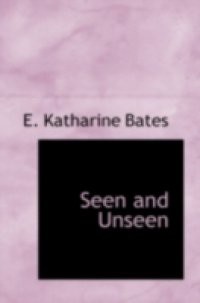This original study deals with the implications of visual culture for sociology's place in theology. Visual culture points to matters of character, spectacle, recollection and memory in ways that have acute sociological implications. The Internet and the virtual reality it generates alter the sociological bases of reflexivity by forcing it to face matters of choice in the realm of the visual. The ambiguous nature of the visual turn of culture has profound implications both for sociology and theology, in particular, in relation to the seen and the unseen. The study seeks to replace Foucault's gaze, and the distrust it generates, with a sociological account of the visual that enables trust to flourish in religious terms. Building on insights of Bauman, Goffman and Bourdieu the study suggests that Simmel's notion of religiosity is far better fitted to understandings of visual culture and religion than what Weber supplies in his vision of sociology.

